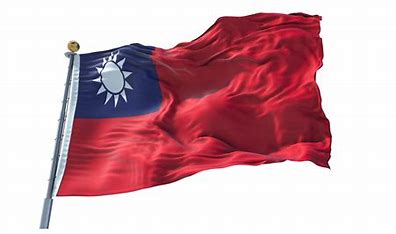
Taipei prosecutors have charged three Taiwanese individuals for facilitating the illegal recruitment of engineers and researchers for China-based QST Corp Ltd. The Ministry of Justice Investigation Bureau’s Kaohsiung branch revealed that Lin Chiu-pei, a key suspect, allegedly used his company to hire talent for QST Corp in 2022.
Lin previously received a deferred prosecution for one year and a fine of NT$400,000 after admitting to recruiting engineers for salaries of USD 7,000 per month. However, prosecutors allege that Lin resumed these activities shortly afterward by establishing another company, Jui Chi, under a friend’s name at the same location as his previous business.
The indictment states that Lin and his associates, Lin Cheng-ping and an employee named Chen, regularly reported Jui Chi’s operations to QST Corp. Investigators found evidence that QST Corp approved Jui Chi’s internal management, including recruitment processes, work records, and operational details.
During questioning, Lin denied facilitating recruitment for Chinese companies, claiming he was merely an employee of QST Corp. However, his reasoning for maintaining an office within Jui Chi to “interact with engineers conveniently” raised suspicions among prosecutors.
Prosecutors charged the trio under Taiwan’s Act Governing Relations Between the People of the Taiwan Area and the Mainland Area, which prohibits unauthorized collaboration with Chinese entities. The case highlights Taiwan’s strict stance on safeguarding its tech industry from exploitation by cross-strait rivals.
This case underscores Taiwan’s commitment to protecting its technological expertise and enforcing laws governing cross-strait relations. As investigations continue, authorities remain vigilant against activities that compromise national interests.















